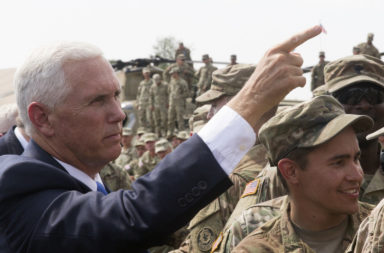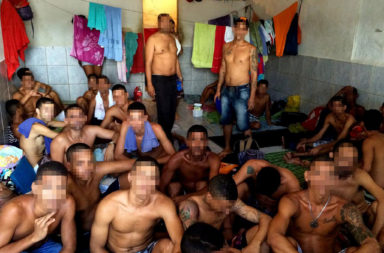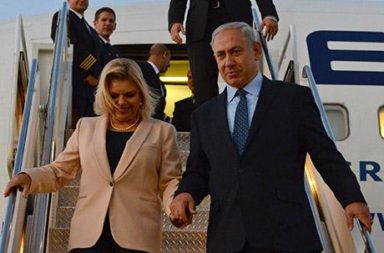Authorities say that there are evidences of use of public money to personal enrichment and to finance election campaigns
Police officers took the former Brazilian President Luiz Inacio Lula da Silva into custody on Friday morning to testify over corruption accusations around the state oil company Petrobras’ corruption scandal. In an operation that began at 6 a.m., the Federal Police searched Mr. Lula’s house in São Bernardo do Campo and took him to a federal police station. Although not being arrested or charged, the investigation will have a great impact on the future developments of the Brazilian crisis.
Lula became an influential politician in the last decade for being the face of the country in the rapid growing period that gave Brazil a spot in the BRICS countries. Ahead of the emerging economies group, the president announced that Brazil would host the World Cup and the Olympic Games. The pre-salt oil reserves discovery in a context of higher commodity prices gave Mr. Lula a great prestige as the face of the emerging economies claims to change the world order. Under the Workers Party (PT) administration, the country reduced its inequality levels and the economy did not suffer as much from the world economic crisis. With such a background and his high popularity levels, Lula paved the way to elect Ms. Dilma Rousseff, his party colleague and former Chief of Staff, as the first woman ahead of the presidency. His influence and political participation remained strong and became greater in the last months. The former president was consulted several times by Ms. Rousseff to find ways to overcome the current political crisis.
The current investigation called “Lava Jato” (Car Wash) operation began in 2014 to investigate a money laundering scheme. Further evidences led the judge Sergio Moro (commander of the investigation) to expand the scope to look into corruption allegations at the state-controlled oil company Petrobras. Since its start, more than a hundred warrants for search and seizure, temporary and preventive detention and coercive measures were taken to investigate the scheme of bribes between executives and politicians in return for Petrobas awarding contracts to construction firms at inflated prices.
Aimed to investigate the former president, the last phase of the operation alleged that he directly benefited from the money that deviated from the state-controlled oil company. According to the Federal Police, there is evidence that the construction companies involved in the corruption scandal renovated properties used by Mr. Lula and his family – a country estate and a beach apartment – in 2010 and 2014, respectively. If confirmed, the allegations will definitely impact the current government.
The political crisis deepened over the last weeks. In the end of February, the police arrested the marketing-coordinator of Mr. Lula and Ms. Rousseff’s presidential campaigns to investigate if money from Petrobras ended up being used to pay for election purposes. Yesterday, a former leader of the PT in Congress charged in the corruption scandal, senator Delcidio do Amaral, allegedly declared that Ms. Rousseff played a role in blocking the investigations of the Lava Jato operation.
In the political backstage of these events, much more needs to be considered though. Without any clear way out of the political crisis, it is still unclear whether president Rousseff will be impeached or if she will remain weak in power until the next elections in 2018. Either way, there is no clear presidential candidate that would likely take office after she leaves. Mr. Lula already indicated his likelihood to compete on the next elections given his still strong influence among popular movements. Politicians from several parties of the government and the opposition are involved in the corruption scandals, but the spotlight is on the Workers Party involvement. Leftist political parties and leaders, as well as social movements and part of the population allege that Mr. Lula is suffering a political persecution intended to affect his image and preclude his candidacy in 2018. The #Lula remained the most popular trending topic worldwide in twitter the whole day.
Named Aletheia (a Greek word translated as “unclosedness”, ” disclosure” or “truth”), the phase of the Lava Jato Operation that focused on one of the most powerful politicians in Brazil will be an important test for the consistency of the corruption investigations as a whole. Social movements pro and against Lula already summoned up protests on the street. A big act against the government is scheduled to take place on the 13th of March, and Brazil will likely continue with the tradition initiated in 2013 to take the streets to protest against corruption. While the investigations go on, the polarization of the political debate is reaching alarming levels. In this game of pointing the fingers, the economy and the population are the main victims. With GDP shrinking by 3,8 % in 2015, the economy does not show any prospect of recovery in the near term. One thing is clear, though: the crisis has not yet reached rock bottom.




